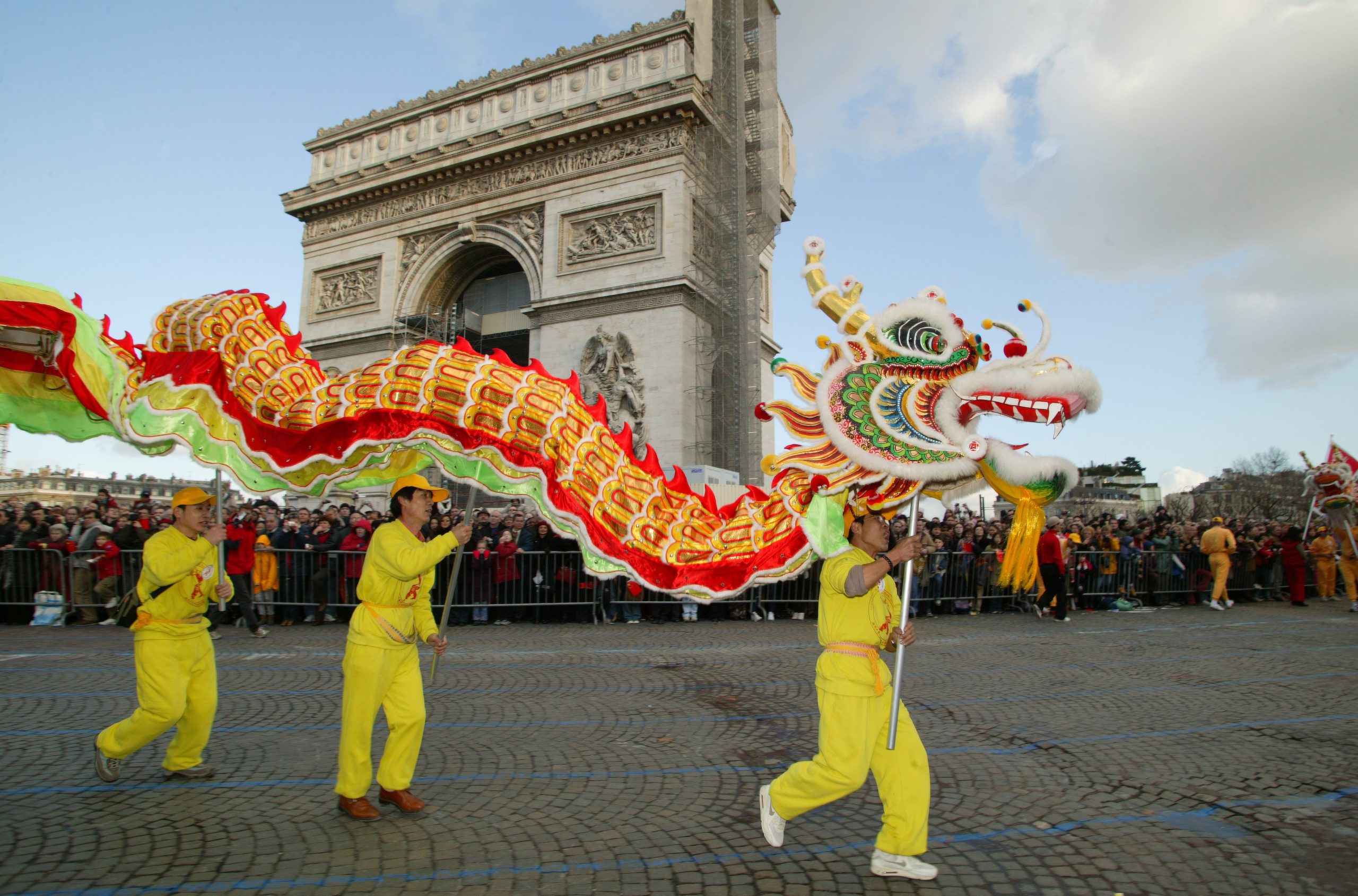Celebrating Chinese New Year: Traditions, Significance, and the Joy of Giving
As the lunar calendar heralds the arrival of Chinese New Year, streets across various parts of the world are awash with vibrant colors, echoing with the sounds of fireworks, and filled with the aromas of delicious feasts. Chinese New Year, also known as Spring Festival, is not just a celebration; it’s a deep-rooted cultural phenomenon that brings together families, friends, and communities in a spectacular display of traditions and customs.
The Cultural Tapestry of Chinese New Year
The festival, which marks the beginning of the lunar new year, is rich in history and mythology. It’s believed to have originated in the Shang Dynasty (c. 1600 – 1046 BC) as a ceremonial day to pray to gods for a good planting and harvest season. Over centuries, these rituals have evolved into a grand celebration of Chinese culture and heritage.
One of the most captivating aspects of Chinese New Year is the legend of Nian, a mythical beast said to prey on villagers. The story goes that to scare Nian away, people would decorate their homes in red and set off firecrackers. This tradition continues today, symbolizing the driving away of bad luck and welcoming good fortune.
The Significance of Family Reunions
At the heart of Chinese New Year is the concept of family. It’s a time when people travel from far and wide to be with their loved ones, often resulting in the largest annual mass human migration in the world. The reunion dinner, held on the eve of the New Year, is a pivotal event where families gather around the table to enjoy a feast that symbolizes prosperity and unity.
The Zodiac and Its Influence
Each year in the Chinese calendar is represented by one of the 12 zodiac animals, which adds a unique flavor to the festivities. The zodiac animal for the year influences decorations, gifts, and even the food. People born in the year of the specific animal are believed to have certain personality traits associated with that animal.
The Giving of Red Envelopes
A quintessential tradition of Chinese New Year is the giving of red envelopes, known as ‘hongbao’. These envelopes, filled with money, are given to children and unmarried adults, symbolizing luck and wealth. The red color of the envelope wards off evil spirits and bad fortune.
Chinese New Year Gifts: A Token of Love and Prosperity
In addition to red envelopes, exchanging gifts is a common practice during Chinese New Year. These Chinese New Year gifts are not just mere tokens but are imbued with deep symbolic meanings. For instance, presenting oranges and tangerines is a way to wish prosperity to the recipient, as the Chinese words for these fruits sound like ‘luck’ and ‘wealth’.
Festive Decorations and Symbolism
Homes and streets are adorned with red lanterns, couplets, and paper cuttings. Red, being a symbol of good luck and happiness, dominates the décor. The decorations are not just for aesthetic purposes but also serve as symbols of hope, happiness, and rejuvenation.
Culinary Delights: More Than Just Food
Food plays a central role in the celebration. Each dish served during Chinese New Year holds a symbolic meaning. Dumplings shaped like ancient Chinese money symbolize wealth, while long noodles represent a long life. Fish is also a staple dish, associated with abundance and surplus.
Lion and Dragon Dances: The Vibrant Performances
The lion and dragon dances are spectacular performances that are integral to the festival. These dances are believed to bring good luck and drive away evil spirits. The dragon, a symbol of power, strength, and good luck, is maneuvered by skilled performers in a sinuous dance that captivates onlookers.
Embracing the New Year with Hope and Joy
As fireworks light up the night sky and families share laughter and stories, Chinese New Year remains a testament to the enduring spirit of a culture that values harmony, prosperity, and renewal. It’s a time to let go of the past year’s troubles and look forward to new beginnings with optimism and joy.
In conclusion, Chinese New Year is not just a festival; it’s a vibrant mosaic of cultural traditions, family bonds, and hopeful beginnings. As we exchange Chinese New Year gifts and partake in the festivities, let’s remember the rich heritage and profound symbolism that this celebration brings into our lives.
Stay tuned for more news & updates on Discover Tribune!






